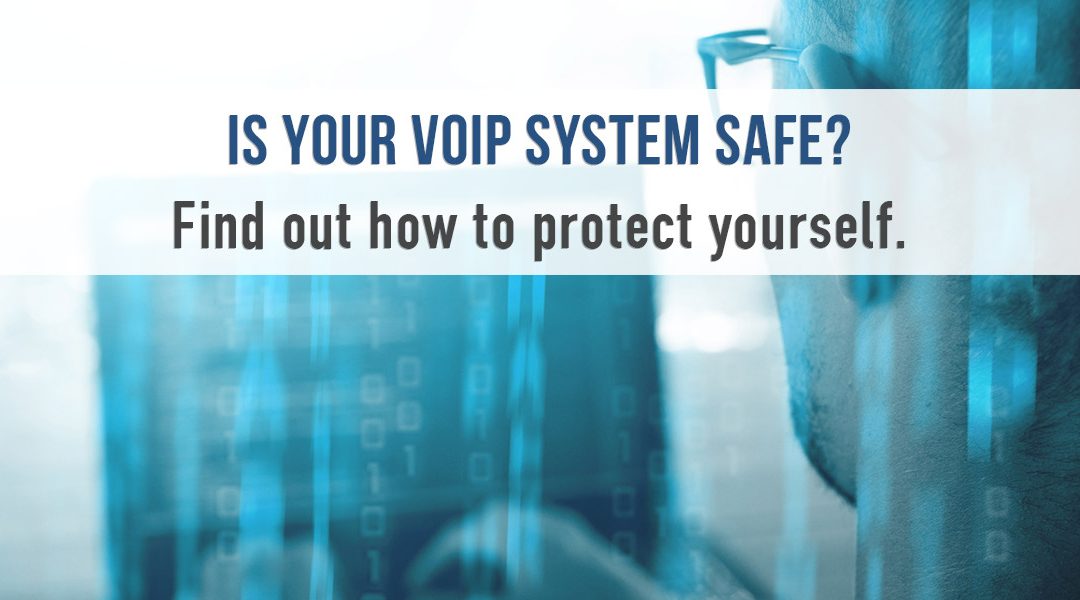If you have a voice over IP system in place, thanks to your managed VoIP provider, and have the phones you need in place, you may not know what kind of security risks to watch out for. In this guide, we’re going to tell you because we at Infinity DataTel want to make sure that you have all of the information up front, so we can tell you how you can stay safe. Don’t worry; we’ll also make sure you have the best defense against any VoIP security risks that may be associated with your dedicated VoIP lines and extensions too!
Table of Contents
What VoIP Security Risks Are There?
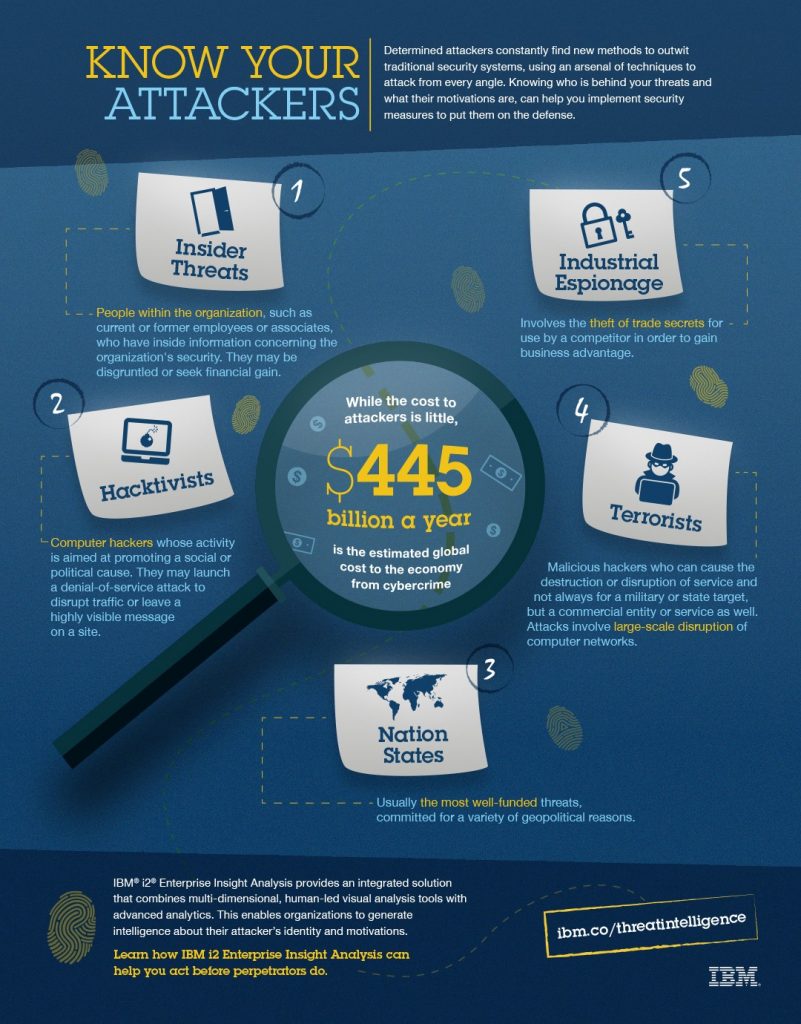
Here are some of the “faces” behind the VoIP security risks and threats you need to be prepared for.
Nothing is completely perfect (although it can almost be), but you have to keep in mind that your phone lines aren’t hardwired into the fiber with VoIP. It’s all based on a PBX server that is networked to your company’s router. Therefore, it has an IP address, and anything that has an IP address can be vulnerable to an attack. Most PBX servers are based loosely on a Linux operating kernel (or Unix), although there may be Windows PBX software options. Either way, it still isn’t entirely as secure and may be vulnerable to the following, thus giving you VoIP security risks:
Computer Viruses
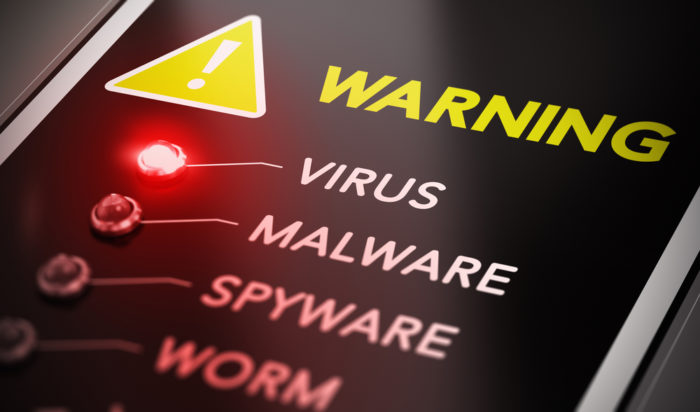
There’s nothing more devastating to a business than contracting a virus. But you can significantly lower your chances by identifying VoIP security risks ahead of time.
Computer viruses have soared due to the pandemic, and all of the remote workers at risk from home. Therefore, it’s essential to have the best virus protection possible. Fortunately, all of our customers are eligible to receive one of the most defense all-in-one solutions that you can get when it comes to protecting yourself and your business against viruses, malware, and other VoIP security risks.
Phishing Attacks

Vishing is just as sneaky and dangerous as its big brother, phishing making it a top 5 VoIP security risk.
Phishing, or vishing when it’s done using VoIP, doesn’t necessarily mean that you’re going to have someone email you (but that happens too). However, attackers can pretend to be someone else, and this is called conversation hijacking. This VoIP security risk can lead to you having your information about your company, your connections, and more stolen. When you give them sensitive information, this can lead to data breaches in your company, and even worse, loss of income. Some victims have even lost thousands and millions of dollars because of paying someone directly from payroll accounts (as we’ve talked about in a previous post).
8 Powerful Reasons Why Phishing Emails Are a Hacker’s Dream Come True
DDoS (Denial of Service) Attacks
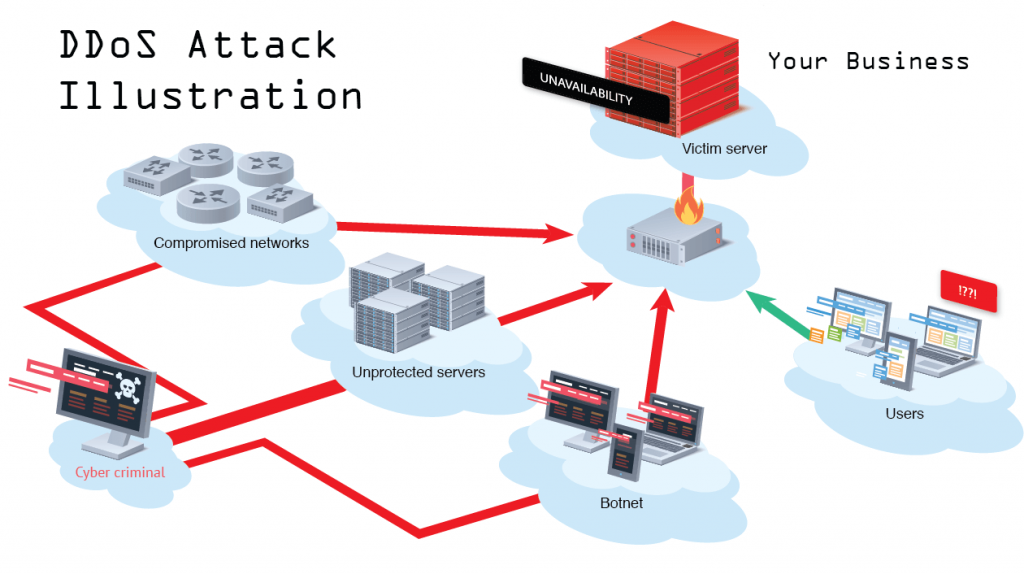
DDoS attacks aren’t limited to just your computers. They can take over your entire network and are a significant threat and a VoIP security risk.
Denial of service attacks have been happening more and more to small businesses these days. This is when an attacker overloads your VoIP server with numerous requests and flood your networks, which causes it to consume all of your bandwidth. Sometimes, this has happened and caused serious crashes to systems that companies own.
While it’s more common with entire networks rather than just a VoIP server, your VoIP phones won’t work during an attack either, unless you have a dedicated network in place just for your VoIP servers. Don’t worry; we can make sure you get this so you can always have phone service in case of emergencies, and it will be one less VoIP security risk for you to worry about!
Identity Theft Risks – Remote Eavesdropping (often involving malware too)

Eavesdropping is a huge VoIP security risk that needs to be addressed if you value your privacy.
With all of the vulnerabilities in routers, networks, and more, and just with disgruntled employees, you need to have some security in place for eavesdropping and identity theft protection. Hackers can get free access by stealing your VoIP service. This is often done after they’ve phished pertinent info, such as usernames or passwords, phone numbers, extensions, and other business information. These hackers are known as Phreakers, and they can wreak havoc by tapping into conversations, change calling plans, forwarding numbers, and even other things. So how do you protect your VoIP service and company?
The Right Protection
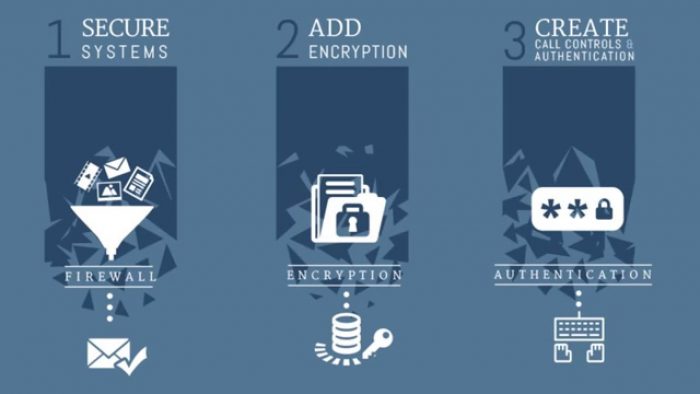
Protecting your data from hackers and VoIP security risks is no easy task, but it can be done with the right training and security protocols.
We offer the best protection for all of your VoIP services, and here’s what you need to do to achieve the right amount of security!
- Make Sure you have your computers and systems up to date. You also need to make sure you have the best firewalls in place and antivirus solutions.
- You can add an extra security layer to your VoIP network. Some people prefer to use VPNs, but with these being targeted in recent months, you can choose to secure your connection to off-site workers using other means.
- Ensure you train everyone on all of the security measures you have in place and how to utilize them. This will ensure that everyone’s on the same page, helping your company run more smoothly. You also want to have some security paperwork in places, such as agreements and more, to ensure that even if you have remote workers, they’re not using anything used for work to be used for personal reasons.
- Have remote monitoring in place, even when it comes to devices connected remotely to your company’s systems. And if you notice any activity that may seem strange, get ahold of your managed services team and your superiors immediately!

